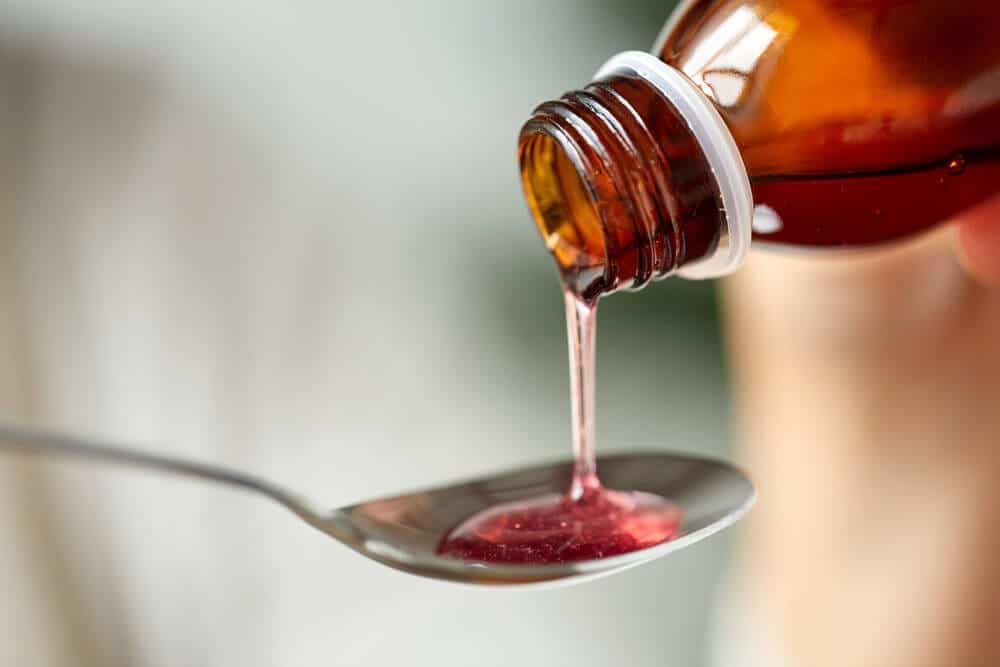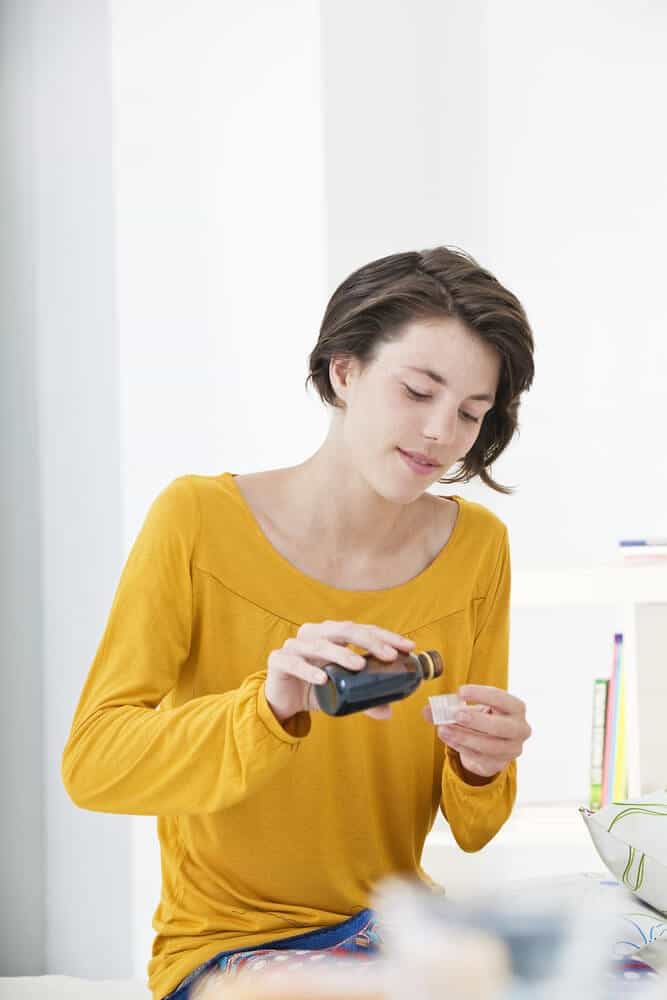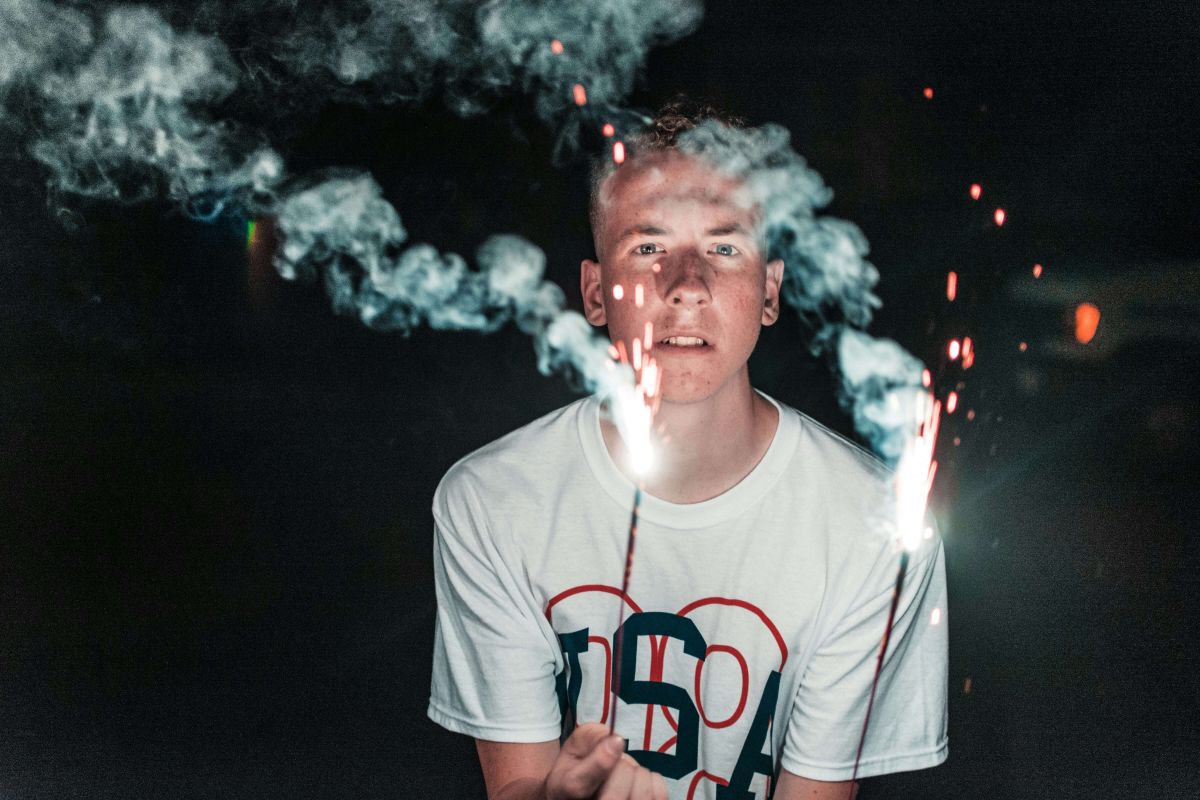
Like many people, the term ‘dissociative’ may not be in your everyday vocabulary. It means “causing disconnection or separation” according to Dictionary.com. Therefore, when we are speaking about drug use and teenagers, dissociative drugs are those that cause feelings of disconnection or separation from the world. In other words, hallucinogens alter a teen’s sensory perception including hallucinations and trances.
To an adult who may be watching their teen in a dream-like state, this can be a terrifying experience. However, for a teen who is using dissociative drugs, it is a complete and total sense of euphoria or an extreme “high”. They experience a mental state similar to that of a surgical anesthetic yet their body is fully functioning. Dissociative drugs cause a complete separation of body and mind and may be classified as either stimulants or depressants because unfortunately, they have both properties, creating a dangerous cocktail in a teen’s body. Not only does a dissociative drug increase heart rate or blood pressure like a stimulant, but it also can suppress breathing similar to a depressant.
The teenage brain is not yet fully formed and therefore, is highly susceptible to the perception-altering effects of dissociative drugs. The many chemicals and systems in the brain such as dopamine, serotonin, and norepinephrine can be changed in such a way that teens quickly and easily become addicted to the substances. That being said, if you suspect that your teen is using dissociative drugs, it is imperative that you seek professional treatment immediately from a medical professional like those at Beachside Treatment Center.
So, how would you know if your teen is addicted to or even using dissociative drugs? First and foremost, if your teen is experiencing visual hallucinations, they may have in fact used a dissociative drug. While there are some mental health disorders that may cause hallucinations, this would be the first sign that you need to seek treatment of some kind for your teen. A trained medical professional will be able to determine if the hallucinations are caused by a mental health issue or a substance that they have taken.
Let’s first look at what types of substances are considered to be dissociative drugs. While there are official names for each, there are also “street” names for many of the dissociative drugs available to teens that you should be aware of. If you hear your teen referring to any of these by their street name, it should be cause for concern.
PCP – Zoom, Boat, Tic Tac, Angel Dust, or Supergrass
DXM – Robo, Poor Man’s PCP, Skittles, and Triple C
Ketamine – Kit Kat, or Special K
Salvia Divinorum – Magic Mint, Leaves of Mary or Sally-D
LSD – Acid, Dots, Purple Dragon, or Mellow Yellow
Nitrous oxide – Nitro, buzz bomb, whippets, or nitro
As you can see, many of these dissociative drug street names reference candy such as Tic Tac, Kit Kat, Dots or Skittles causing unwary parents to believe that they are really talking about sweet treats. Each of these dissociative drugs has its own symptoms and short and long-term effects that concerned parents should be aware of. Let’s look at each one carefully.
PCP has been known as a party drug and is typically smoked along with marijuana. However, it is also available in a variety of tablet, pill and capsule forms. It works very quickly to decrease pain perception and completely dissociates the body from the mind. In other words, teens lose all ability to think about their actions or behaviors. This very high-risk state can put your teen in direct line of harm’s way as they have no cognitive control of their bodies. PCP can cause seizures, for a teen to become violent, severe and painful muscle contractions, and even symptoms similar to that of the mental disorder schizophrenia.
You may recognize DXM since it is also the active ingredient in most over the counter cough suppressant medications. When used appropriately, it is highly effective to relieve symptoms of the common cold. However, when consumed in large quantities, it acts as an anesthetic causing changes in sensory perception. Teens drinking cough syrup is not a new or uncommon scenario and the reason for some cough suppressants to be monitored by a pharmacist. It can cause respiratory distress, seizures, and a racing heart rate.
Ketamine, also known as a party drug, can be injected, snorted or smoked, and acts as an antidepressant. Teens are particularly at high risk of having a “near-death” experience from Special K, feeling extreme sensations of terror and anxiety. It can cause amnesia, immobility and sedation.
Salvia Divinorum, when smoked, causes short, yet extremely intense, psychedelic hallucinations as well as extreme mood swings from uncontrollable laughter to deep, depressive sadness within a short 30-minute window. Unfortunately, it is a legal herb that is available at many online retailers.
LSD, most commonly known as acid, is an extremely potent hallucinogen that is chemically created from a specific fungus.
Nitrous oxide, typically in the form of a gas, creates a sense of floating. Unfortunately, it is readily available through any type of nitrous gas cartridge such as Ready Whip whipped cream.
While each dissociative drug has its own side effects, in general, there are some common short-term effects of dissociative drug use when taken in small or high doses including:
- Confusion and disorientation
- Loss of coordination and dizziness
- Nausea and vomiting
- Numbness
- Alterations in sensory perception including sight, body image, shapes, and sounds
- Out of body experiences
- Memory loss
- Hallucinations which may last anywhere from 30 minutes to six hours
- Blackouts
- Loss of inhibition
- Extreme panic, paranoia, invincibility and exaggerated aggression
- Difficulty recognizing reality, thinking rationally or communicating
In the long-term, although studies are still being conducted, dissociative drug use has been known to cause visual disturbances, paranoia, mood swings and logical thinking disruption, and HPPD, otherwise known as Hallucinogen Persisting Perception Disorder. Symptoms of HPPD may appear similar to those experienced from neurological disorders such as stroke or a brain tumor. Teens who use dissociative drugs are at a higher risk of nervous system and cardiovascular problems in the future. Undiagnosed and untreated abuse of dissociative drugs may certainly have long-lasting, life-altering effects on a young mind. As soon as you suspect that your teen may be even dabbling with dissociative drugs, it is critical that you reach out to their doctor for guidance and support through a facility such as Beachside Treatment Center.
Unfortunately, as teens experience drastic changes in their bodies, minds, and emotions, they may seek to escape from the everyday. They may see the separation of mind and body as an appealing temporary fix to their challenges or issues. On the other hand, their immature brains may see it simply as a way to have fun! What they don’t see is the dangers that lie ahead due to the separation.
According to a 2013 survey by the National Institute on Drug Abuse, more than 229,000 teenagers 12 and over reported using dissociative drugs in the past month. Although a 2017 National Survey of Drug Use and Health showed that this number was reduced to 143,000, dissociative drug use is still considered to be an epidemic among teens. Among high school seniors, it seems that salvia is the drug of choice, more popular than PCP, simply due to its low cost and accessibility online. Many are reported as adding it to their marijuana, ecstasy and cocaine routines.
Signs and symptoms
So, back to our original question, how do you know if your teen may be using dissociative drugs? During the teenage years, your teen will experience a wide array of emotions, feelings, and behaviors. However, it is when those changes become disruptive to their normal functioning in life that there should be cause for concern. Although many of the following signs may not necessarily be an indication of dissociative drug use, they may imply that your child is struggling in some area and you should seek medical attention. As both substance abuse and mental health disorders can display similar signs and symptoms, it is important to consult your child’s doctor immediately when you suspect that something may be out of the ordinary.
- Lying about whereabouts or activities
- Stealing
- Secretive
- Suddenly verbally or physically abusive
- Disrespectful of family rules and obligations
- Skipping school
- Cough or cold medicine is missing from your home or you find it in their backpack
- Defiance and disrespect of authority
- Using terms such as Kit Kat, Skittles, or Tic Tac out of context
- Sudden drowsiness or falling asleep
- Reduced memory or attention
- Negative attitude about everything
- Lack of concern for appearance
- Paranoid or anxious
- Suicidal thoughts
The above signs may be displayed over several days or weeks. But what signs would indicate that your teen is currently high on a dissociative drug?
- Impaired ability to think or speak
- Slurred speech
- Having difficulty breathing
- Disorientation
- Delusions
- Uncoordinated and dizzy
- A feeling of being invincible
- Appear to be hallucinating or out of touch with reality
- Symptoms of psychosis
Although it may be very tempting to minimize the situation and say “not my child”, this may be doing more harm than good in the situation. Your disbelief that your sweet baby could be using or abusing any kind of substance at all could force you to excuse away the signs of potentially life-threatening circumstances. While not every young person who does something on this list is, in fact, doing drugs, especially dissociative drugs, every teen who IS doing drugs will display these signs.
Next steps

If you suspect that your teen is currently high on a dissociative drug, you may consider taking your teen to the emergency room for their own well-being. Because of the severity and high-risk factors associated with hallucinations, teens can be best cared for under the supervision of trained medical professionals at a hospital’s ER. Once your teen is no longer in danger of harming himself or others and begins to come back to reality, they will be referred to a facility like Beachside Treatment Center for further evaluation and treatment with a psychiatric and medical team.
It is very important that parents and caregivers understand the highly addictive nature of dissociative drugs. Frequent and repeated use often leads to cravings, physical dependence, and compulsive behavior to constantly experience their next high. As mentioned earlier, the long-term effects of dissociative drug use may be irreversible.
Teens are becoming more and more creative in their search to achieve that euphoric feeling. While it is critical to know the most common substances that teens use to get high, it is just as important to understand the efforts and creativity that they are putting into achieving euphoria by any means possible. Some examples of other dissociative drugs that have now sprung up as a means to get high from common household items include drinking hand-sanitizer, bath salts, and the inhaling of aerosols and chemicals such as hair sprays, deodorants, spray paint, rubber cement, nail polish remover, cleaning sprays, or even gasoline.
In other words, if you find unusual items in your child’s possession, it may be cause for concern and should prompt you to ask some questions, investigate further and speak to your teen about their drug use and awareness of risks associated with dissociative drug use.
For further information about signs, symptoms, and treatment plan, contact your teen’s doctor or the trained professionals at Beachside Treatment Center.




